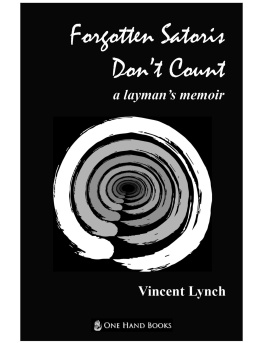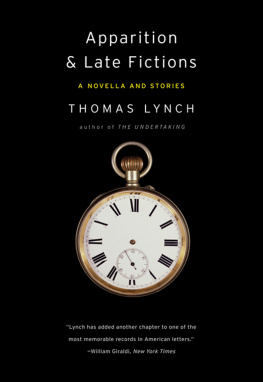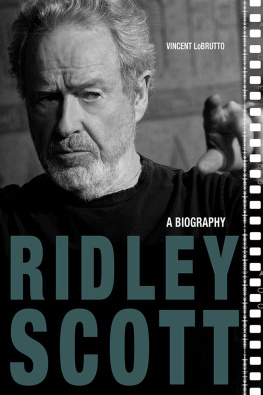Our earth is degenerate in these latter days.
Bribery and corruption are common.
Children no longer obey their parents.
Every man wants to write a book
The end of the world is evidently approaching.
Assyrian stone slab 2800 B.C.
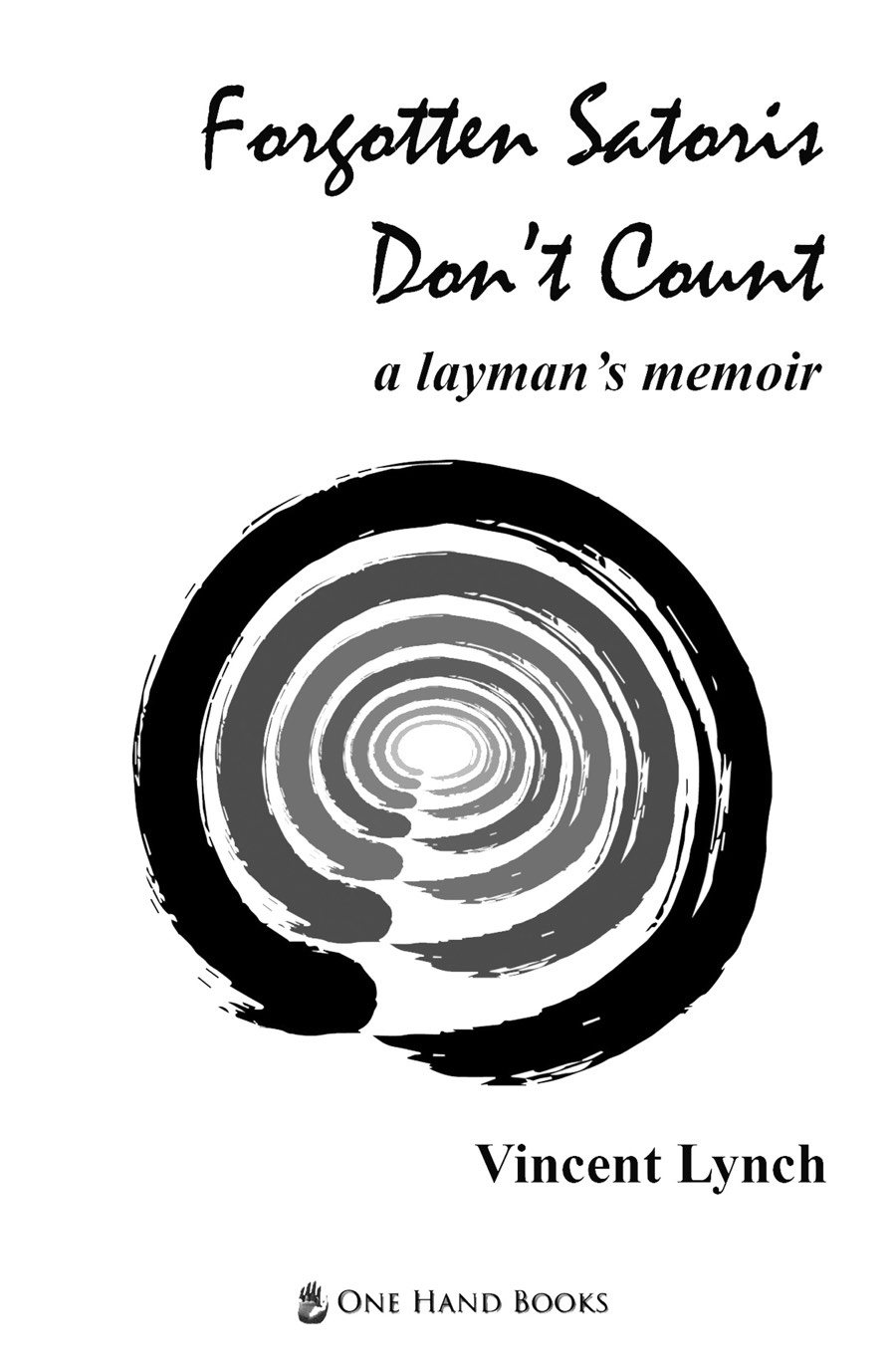
One Hand Books
PO Box 185
Mamaroneck, NY 10543-0185
http://onehandbooks.com
Copyright 2019 Vincent Lynch
all rights reserved
No part of this book may be used or reproduced by any means: graphic, digital, electronic, or mechanical including photo copying, taping or by informational storage retrieval systems without the written permission of the author, except in the case of brief quotations embodied in critical articles and reviews.
Cover, text and book design by Vincent Lynch
ISBN: 978-0-9913612-5-0
Nonfiction > Biography & Autobiography > Personal Memoirs
Nonfiction > Biography & Autobiography > Entertainment & Performing Arts
Acknowledgements
I would like to thank Dawn Patrick, John Shine and Ed Massey for their support and feedback in the process of completing this tome.
Dedicated to
Dawn
my life partner
Chapter 1
Jersey City
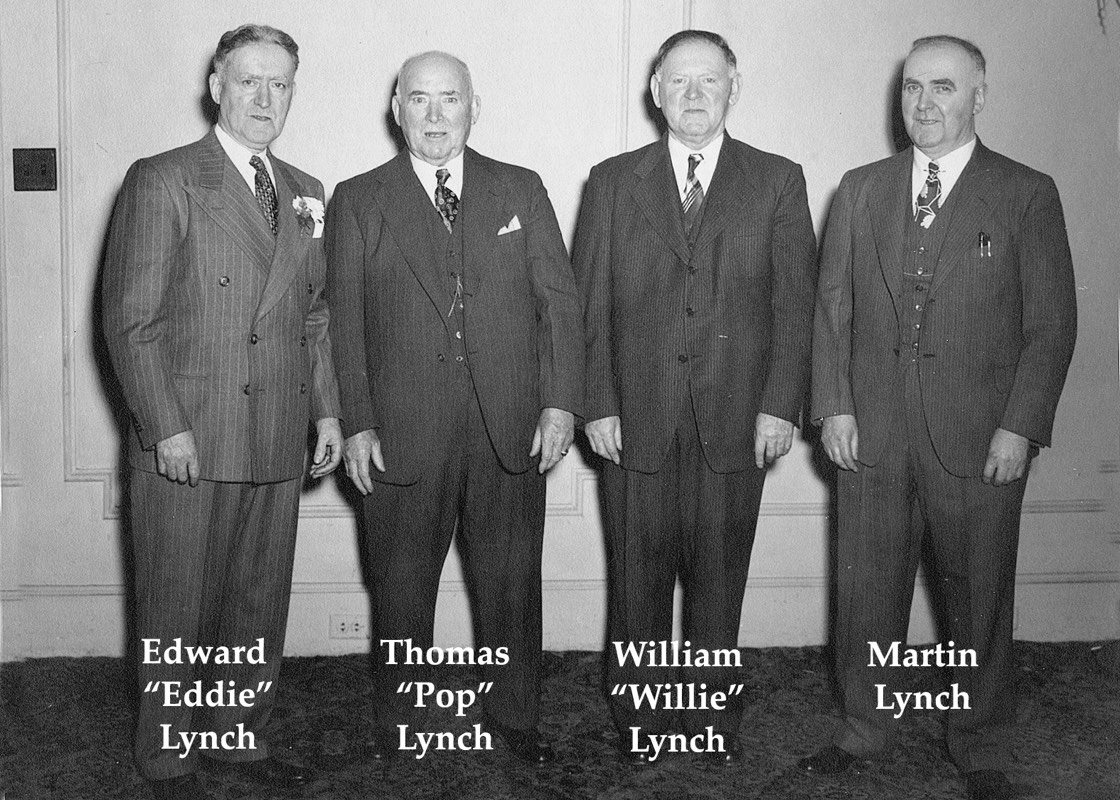
The particles seemed to sparkle as they rotated in space in constant movement. On either side of the light shard through the window there was shadow. I thought the particles were delivering the light to the illuminated area on the green carpet floor, as I lay in my bed. This was my earliest memory. Unfortunately, as I grew up, I learned that my magical sparkling light particles were only dust mites.
The youngest of four children I had two brothers and a sister. My mother experienced a miscarriage two years before. She had concern regarding delivery complications, so she hadnt chosen a name. After a successful delivery, she asked the nurse at St. Francis Hospital, a sister of the Sacred Heart, What saints day is this? The sister looked at the religious calendar and replied, St. Vincent de Ferrer and Vincent became my name. When it was announced that I had arrived my sister, Maureen, cried. She had hoped for a little sister to balance the family with two boys and two girls. In 1946 you didnt know what the babys sex would be until it arrived. Her short lived disappointment evaporated, however, and she doted over me throughout my childhood.
We lived in the Greenville section of Jersey City on 314 Fulton Avenue. We had a middle class house of the fifties, a seven room three story house with a finished attic on a single lot. The house had peaked roofs with black asbestos shingles. The sides were maroon clapboard with the lower portion of the house covered in a synthetic siding made to look like stone called Permastone, which became quite common in neighborhoods in the 1950s. My brothers, Dennis and Tom, were in the attic. My room, my parents and sisters rooms were on the second floor with a full bath at the end. The first floor had the kitchen, den, living room and dining room. It also had a full cellar, in which, my oldest brother, Tom, ten years older than me had a large Lionel train set layout. When we lived in Jersey City, he was dads favoritemy father favored him. After all he was Thomas E. Lynch Junior. Tom had little to do with me growing up due to our age differences. Dennis on the other hand, four years older than me, would be the one I would go to if I needed big brother support for protection in the neighborhood.
My dad, an attorney, had his own firm, Lynch, Lora and Milstein, with offices in the Trust Company of New Jersey on Journal Square in Jersey City. His success allowed my mother to be able to hire a maid and enjoy a level of leisure time not available to most average upper middle class wives. How my father ended up practicing law is a story about his father, Thomas Pop Lynch.
My grandfather, the oldest of thirteen children, came to the USA in the early 20th century from an Irish village, Cloonravn, on the Mayo and Sligo county border. His early history is clouded except for a few stories passed down. Its surmised he came to these shores as an indentured servant. Passage to the new world was expensive and only the rich could afford the costs. In return for passage an indentured servant contracted to work usually on an upstate New York dairy farm for a term of four to seven years. When the immigrants landed in New York, they would be taken to their work locations and normally were handcuffed to beds at night to avoid escapes.
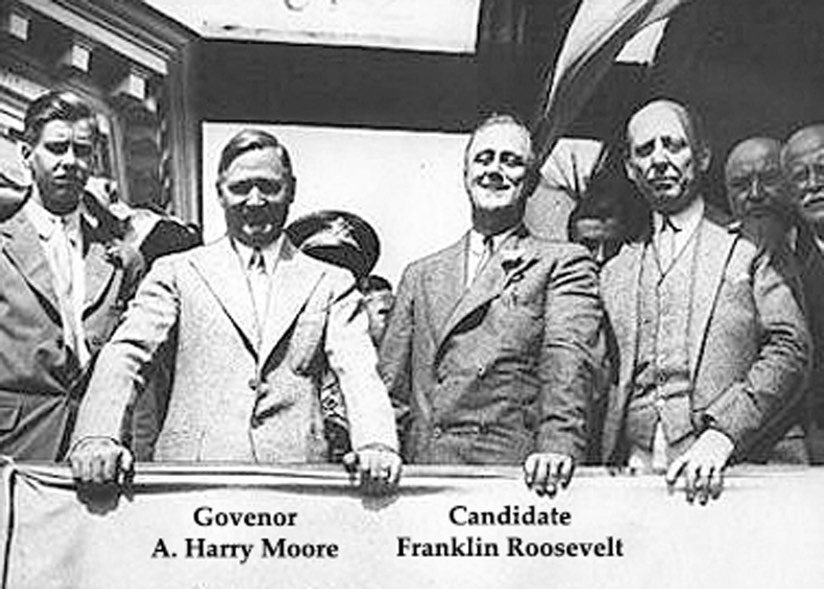
The Irish were the low rung on the immigrant ladder. There were signs all over New York City that stated, The Irish need not apply. We assumed he must have escaped the farm because he became a teamster shortly after his arrival. He drove a team of horses not a truck, on the New York waterfront. Eventually, he established himself in Jersey City, New Jersey. He opened a tavern, which was successful, and then proceeded to bring over his brothers two at time to open other establishments, one tended the bar and one ran the kitchen. Eventually all the brothers and one sister were able to come to the USA. The Irish bars were extensions of the pubs of the old country. They were the hub of political discussions and deals with a clientele consisting mostly men. I remember as a child that taverns had separate entrances on the side for women with table seating, so they wouldnt have to walk past the men sitting at the bar.
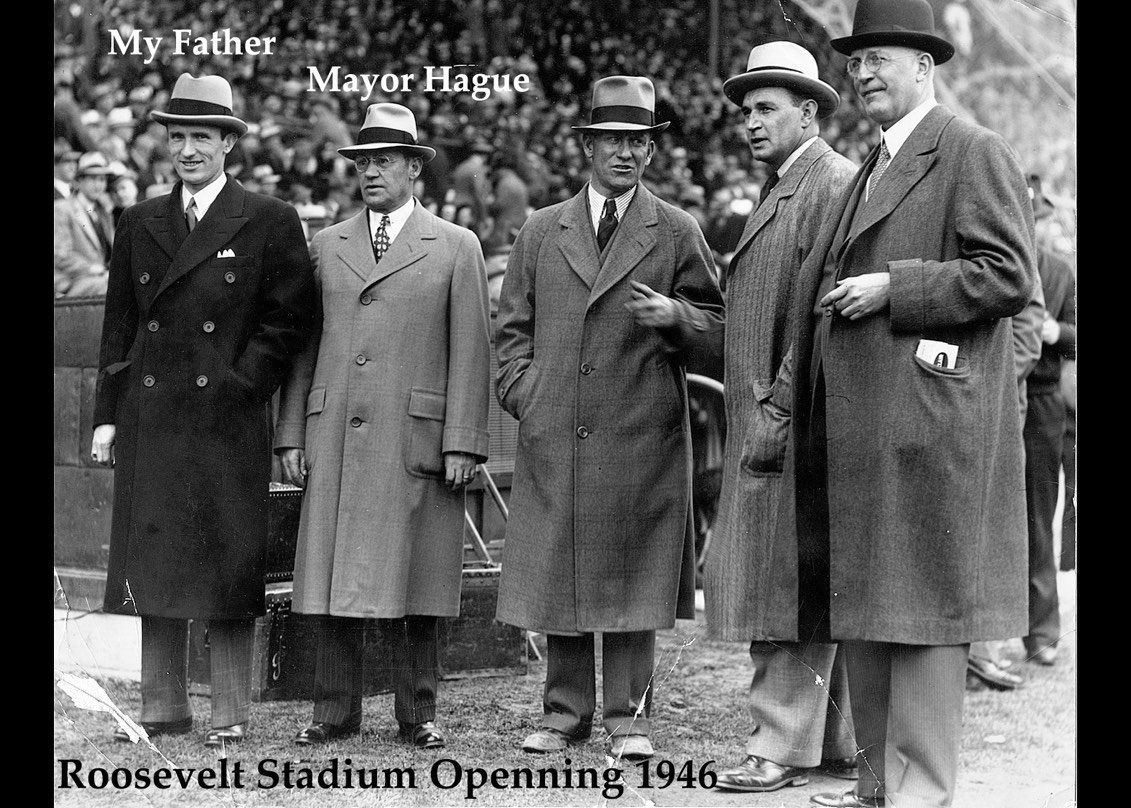
Frank Hague, the Democratic mayor of Jersey City for thirty years from 1917 to 1947, was a prime example of the boss politician of ward politics and patrimony like Curley in Boston or Daly in Chicago. He was the most powerful Democratic politician in New Jersey, more important than the governor or a senator. He also represented the rise of the Irish from the lower rungs of society to positions of power. My grandfather was influentiala player in this political arena.
When my father graduated from law school, he law clerked for A. Harry Moore then serving his third term as governor of New Jersey. Governor Moore had served the limit of two consecutive terms being governor from 1926 to 1935. He then ran for senator and won serving from 1935 to 1938. He then resigned and ran for his third term as governor in 1938. My aunt, Adelene, the wife of my fathers brother, James, was Governor Moores secretary. My father was eventually appointed to head President Roosevelts WPA public works program for Hudson County, New Jersey. One of the most powerful non-elected positions in the state. He supervised the construction of many sites including Roosevelt Stadium in Jersey City. On April 18, 1946, Roosevelt Stadium hosted the Jersey City Giants season opener against the Montreal Royals, marking the professional debut of the Royals' Jackie Robinson and the first time the color barrier had been broken in a game between two minor league clubs. My fathers position reflected his fathers powerful influence in local politics at the time.
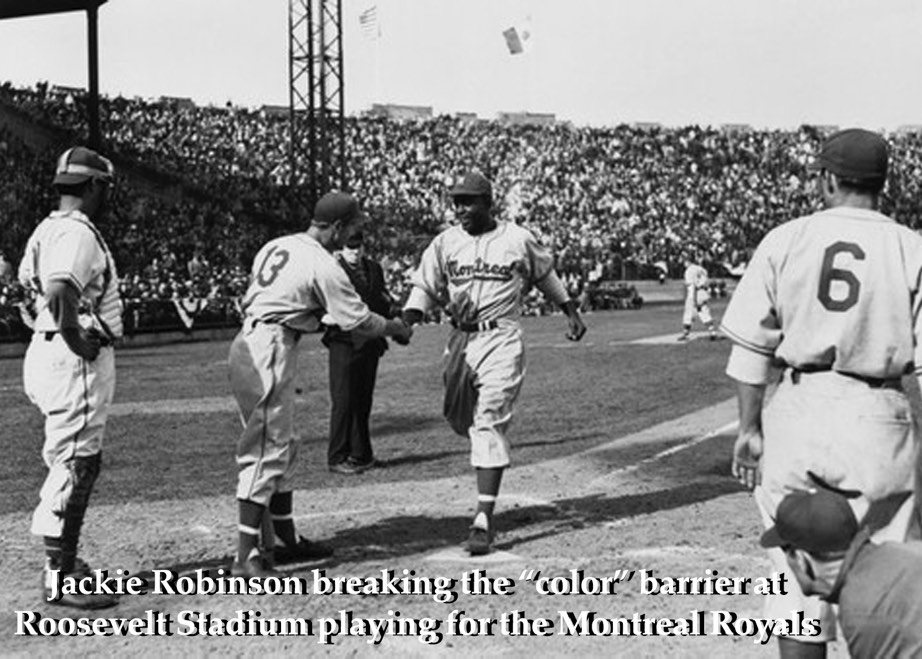
Next page
